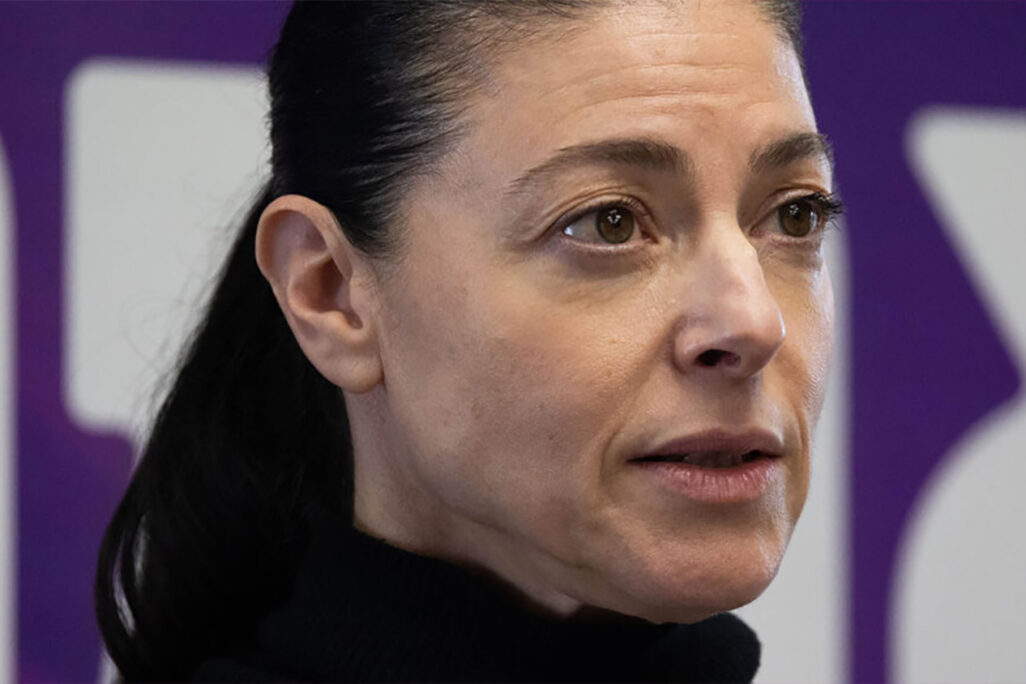
With the governing coalition in a constant state of near-collapse, there has been no shortage of polling on the results of a hypothetical election in the past few weeks. The party that has seen the biggest jump over the course of those surveys is Religious Zionism, led by Bezalel Smotrich and Itamar Ben Gvir. The extremist right-wing party has seen a 50% increase in support, growing from six to nine projected Knesset seats. One survey cited by the newspaper Yediot Ahronot found that if Ben Gvir (the more violently anti-Arab of the two) were to replace Smotrich as head of the party, it could win as many as 11 seats in the Knesset.
Ben Gvir’s popularity grows out of a barren social and economic landscape. In France, the far-right Marine Le Pen won 41% of the vote in the presidential election against centrist Emmanuel Macron. If the Israeli government does not change its policy of abandoning the weakest members of society, we can expect to see similar numbers here. At the end of the day, it’s about the money, not the flags.
***
“All of the Knesset members who skip committee meetings and employ underhanded tactics against the weak, who forgot their commitment to social justice and equality, are playing right into Netanyahu’s hands” wrote Member of Knesset Michael Biton from the centrist Blue and White party. Biton was referring to a reform being pushed by Transportation Minister Merav Michaeli, which would increase the cost of public transportation by more than 175% for members of the working class.
Biton, who chairs the Knesset Finance Committee, readily admits that the governing coalition of which he is a member is abandoning the most vulnerable members of society, and therefore boosting the right into power. It’s true that vast segments of Israeli society have soured on the current government and may be inclined to punish it in the next round of elections. But the government’s economic policy benefits the right in a much deeper way: by failing to offer an alternative to it.
In the year that it has been in power, the current governing coalition – which draws at least half of its membership from left-leaning parties – has advanced policies that further widen the already vast socioeconomic gaps in Israeli society. The government has offered tax breaks to the wealthy, raised prices on basic household goods, pushed agricultural reforms that would devastate Israeli farmers, and failed to offer any measures to control the skyrocketing price of housing. The list goes on and on. These neoliberal policies leave citizens to face the shocks of the free market on their own, and they feel lost.
***
Merav Michaeli knows her base very well. Paternity leave and a light rail in Tel Aviv sound great to those who are already well-off. The wealthy are very fond of enlightened values and despise racism and homophobia. Michaeli offers them exactly what they are looking for.
But somehow, they seem unbothered by the government raising the retirement age for women in physically demanding professions, or by bus drivers not having access to bathrooms during their workday, or by wages being eroded due to rapidly increasing prices. What’s the big deal? It’s nothing to topple a government over.
The majority of low wage earners, Haredim and Arabs, aren’t going to take paternity leave. For them, the increased price of a bus ticket is a big deal.
***
Itamar Ben Gvir also knows his base very well. He knows that Israelis who fear for their livelihoods are looking for someone to defend them. They see leftists who support waving the Palestinian flag at Israeli universities, but condemn the parading of Israeli flags through the Old City of Jerusalem.
Ben Gvir arises out of a situation of chaos. He takes advantage of the separation between Jews and Arabs and turns the two sides against each other. While left-leaning parties offer universalism, Ben Gvir offers a sense of belonging. He offers to look out for anyone on his team. And when you don’t have your own wealth to fall back on, you have to pick a side.
This article was translated to English by Sam Edelman.






